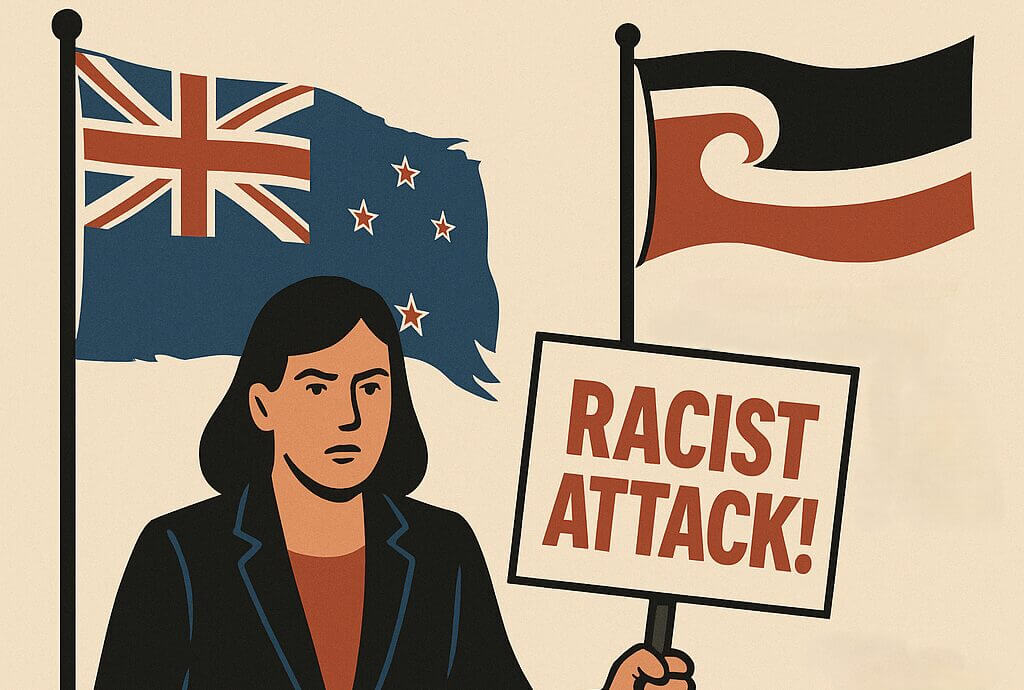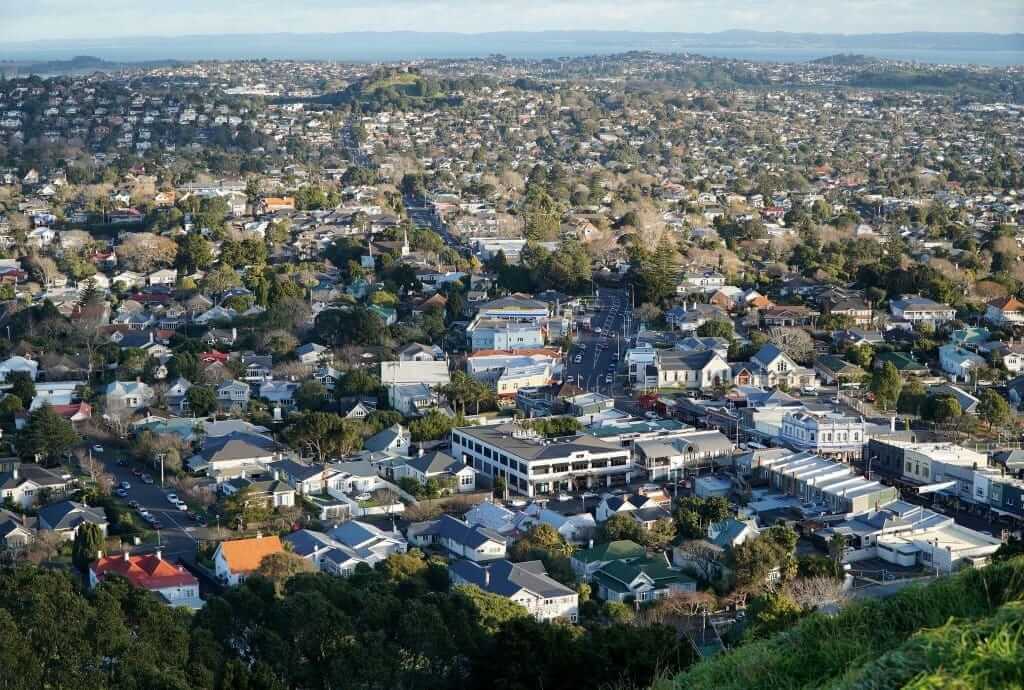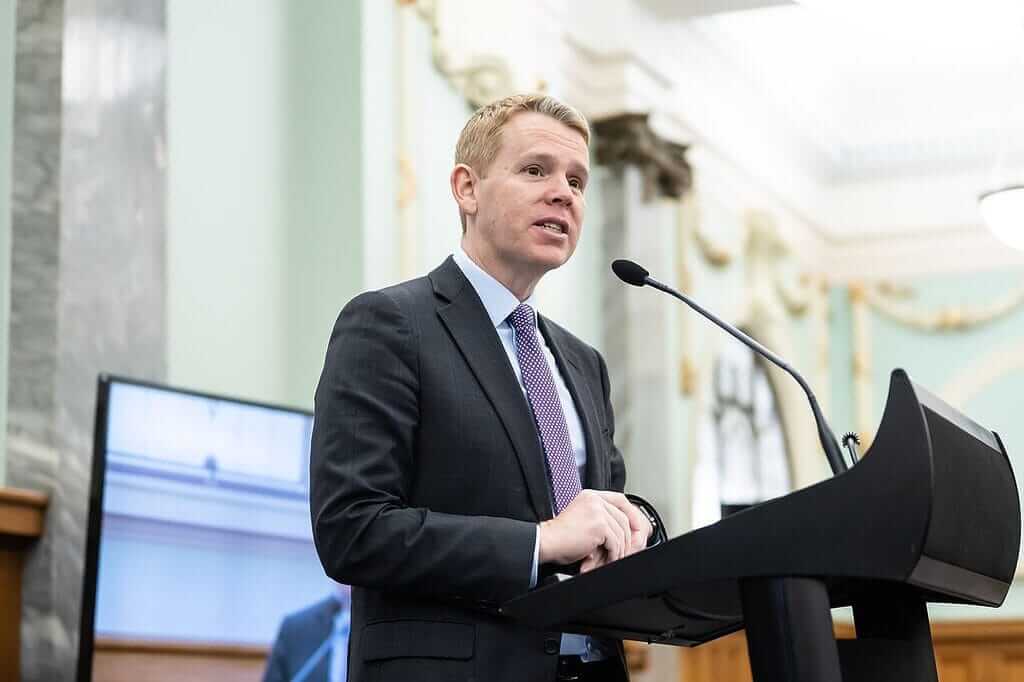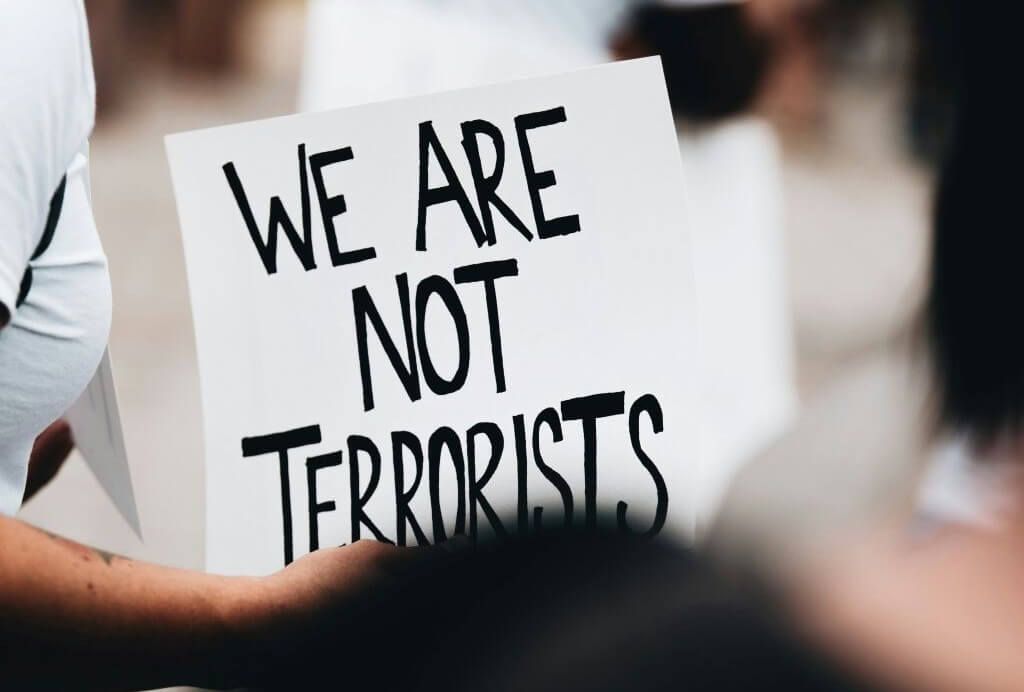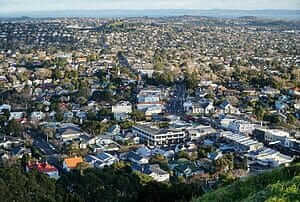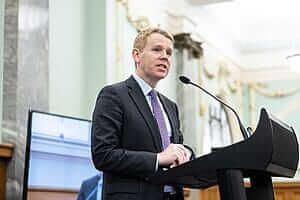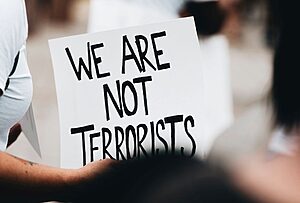In brief
- WikiLeaks cables provided a deep dive into some of New Zealand’s politics.
- For example, revelations included US views on internal debates between pro-US officials and sceptical politicians under former PM Helen Clark.
- Privately NZ politicians were not so confident in the benefits of trade talks with the US as they had implied publicly.
- Also exposed were some of the economic motivations behind NZ’s anti-nuclear stance and secret intelligence collaboration with the US.
New Zealand-related leaks
With WikiLeaks founder Julian Assange, now released from a British prison, let’s revisit some of his organisation’s disclosures concerning New Zealand’s political and international affairs.
US diplomatic cables, revealing some of the inner workings of diplomatic missions worldwide, included takes on NZ’s domestic and foreign policies, intelligence activities and collaborations.
Nuclear policy
A 2004 cable revealed that the Lange government saw New Zealand’s anti-nuclear stance as a way to reduce defence spending by distancing New Zealand from the ANZUS (Australia, New Zealand, United States security treaty).
The US was keen to reverse this stance, even linking it to potential free-trade agreements to entice New Zealand back into closer defence cooperation.
TPP negotiations
Details about this country’s stance and strategies in international trade agreements, particularly the Trans-Pacific Partnership (TPP), were also disclosed. This included concerns about intellectual property rights and pharmaceutical patents. And, despite politicians’ public claims to the contrary, expectations of lucrative trade benefits with the US would have to be managed.
Intelligence, diplomacy, international relations
New Zealand’s international relations were also a focal point of the leaks.
One significant revelation was then Prime Minister John Key’s assurance to Chinese Premier Wen Jiabao that New Zealand officials would not meet with the Dalai Lama.
Another revealed that New Zealand declined a US request to resettle Uyghur detainees from Guantánamo Bay, during the War on Terror.
A notable disclosure was related to then Prime Minister Helen Clark, who was reportedly furious over claims that she had deployed troops to Iraq to secure UN dairy contracts for Fonterra. Clark vehemently denied these claims.
Leaked cables also shed light on New Zealand’s intelligence activities, particularly its role in spying on Fiji’s military before the 2006 coup. Further cables revealed that full intelligence collaboration between the US and New Zealand resumed secretly in 2009.
Additionally, the cables revealed various diplomatic embarrassments, such as Key’s disappointment when then US President Barack Obama did not meet with him, despite Key believing he had a firm invitation.
Also Labour MP Marian Hobbs, was deemed to have earned her “Boo-Boo” nickname due to a series of diplomatic blunders. Meanwhile, former National Party leader Jenny Shipley was seen as driven and diligent, but often made colleagues uncomfortable.
Domestic politics
In one cable, then US ambassador Charles Swindells described the “two worlds” of NZ governance.
There was the pro-US “first world” comprising most military, intelligence, foreign affairs professionals, business leaders, and a few politicians, according to Swindells. Then there was the sceptical “other world” made up of most politicians, media, academics, and a significant portion of the public. Swindells assessed that they viewed the United States with suspicion or hostility and saw New Zealand as a non-aligned nation.
According to Swindells, these contrasting perspectives converged in the person of then Prime Minister Helen Clark. Swindells rationed that Clark could leverage support from “the other-worlders” in her Labour caucus, particularly to counter her rival, then Foreign Minister Phil Goff.
Clark called the cable “bizarre” and said that it had damaged the US’s image in NZ at the time.

